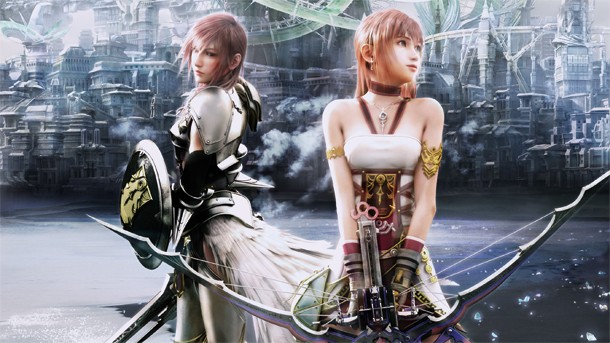Please support Game Informer. Print magazine subscriptions are less than $2 per issue
Opinion – Knowing When To End A Story

We’ve all played games that we didn’t want to end. Saying goodbye to a beloved world or cast of characters is difficult, but it can be even harder to watch your favorite franchises degrade over time. Rather than close the book on a popular game, some publishers send extra installments shambling to store shelves as husks of their former glory.
Games are a business, and publishers are reluctant to stop producing a series that is currently making money. One successful game can give rise to multiple titles over the years, so the bottom line is best served by releasing those titles until the series is no longer profitable. However, that approach is often in direct conflict with what is best for the franchises’ legacy; if a series isn’t profitable anymore, it has most likely made some serious missteps and alienated its once-loyal fans.
The people in charge need to learn to quit while they’re ahead. Phrases like “jump the shark” and “nuke the fridge” were born out of television and movies, but they apply just as easily to games. Keeping a story interesting after multiple installments is tough, and an established franchise will probably get intolerable before it starts losing money. To avoid this slow death, more publishers should be comfortable using story arcs with definite ending points, and not chicken out when it’s time to pull the trigger.
The Assassin’s Creed franchise exemplifies the best and worst sides of this dilemma. On the good side is the Ezio trilogy; Assassin’s Creed II, Brotherhood, and Revelations follow Ezio Auditore from his birth to his death. This provides a contained narrative that gradually builds to a satisfying conclusion of Ezio’s exploits; he grows as a character and his plot threads are wrapped up. However, outside of the Animus, the Assassin’s Creed series is a mess. Whatever was initially compelling about the modern-day action has been lost over multiple games thanks to its protracted storyline and muddled cocktail of explanations.
Whether you like the direction it went or not, at least the Mass Effect trilogy ended Shepard's story
The Last of Us is a great, pure example. Even though the world theoretically persists after the ending, the game tells a complete story that needs no further elaboration. There are no cliffhangers that tease a sequel, no unresolved questions begging for answers. The upcoming DLC gives fans a chance to learn more about Ellie’s past, but the core game stands alone. Now, whether or not Naughty Dog and Sony leave The Last of Us without a full sequel remains to be seen, but they certainly could. As a fan, I hope they do.
It all boils down to player satisfaction. When you invest a lot of time in characters and a world, you expect your investment to be rewarded. Emotional crescendos, unexpected twists and turns, bittersweet conclusions…these punctuate a successful story. Red Dead Redemption is about John Marston’s revenge. BioShock Infinite – despite being part of a larger series – tells a surprising and self-contained tale. Mass Effect is a trilogy about Shepard (regardless of the shape the series takes in the future). Would you want to tarnish your memories of these experiences by seeing the characters recycled for a tacked-on follow-up? Just take a look at Final Fantasy XIII-2 (and possibly the upcoming Lightning Returns) to see the results when that happens.
Popular TV shows like Breaking Bad and Battlestar Galactica were conceived to run for a specified number of seasons. The major arcs and endings were determined before the shows began. Who would want to watch Season 10 of Breaking Bad, where Walt wins a vacation to Africa, then decides to set up another production arm of his meth business while he’s there? Here’s the point: That show could have gone on several more seasons and remained popular, but it didn’t. Instead, it stayed true to the artistic vision that gave it life in the first place. I wish I saw more of that in the gaming industry, and less of publishers chasing the dream of extending a good idea past its natural life for the sake of making a buck.










